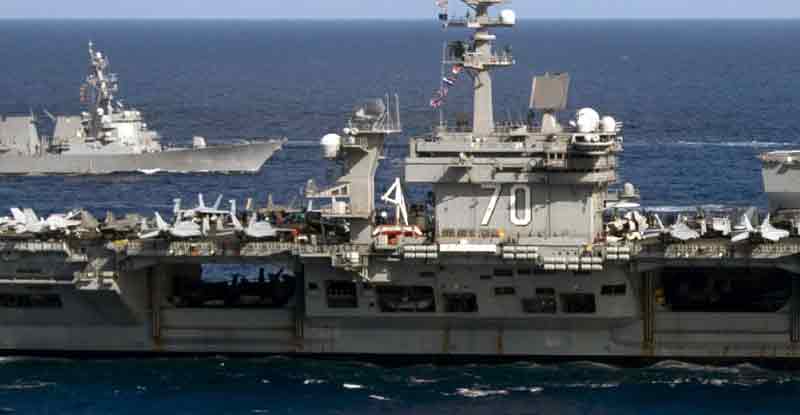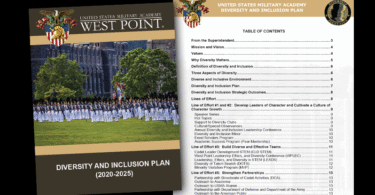By Captain Brent Ramsey, USN ret
STARRS Board of Advisors
The existential threat represented by the People’s Republic of China (PRC) is outlined in the documents cited below. Its intentions are to rule the world by 2049, the 100th anniversary of victory in its civil war.
The PRC is patient and has been on this path for 75 years. It is implacable, brutal, industrious, and smart.
We should believe the PRC that it means to rule, but we will not like a world ruled by China. Ask Taiwan, Hong Kong, India, Tibet, the Uyghurs, and the Philippines.
Key documents to study include:
- “U.S.-China Economic and Security Review Commission 2023 Report.” This bipartisan commission was created by Congress in 2000. It prepares an annual report for Congress and America. Just reading the Executive Summary will keep you up at night.
- “Made in China 2025 and the Future of American Industry” by Senator Marco Rubio, chair of the Senate Committee on Small Business & Entrepreneurship. It’s a stark warning that the PRC intends to dominate 10 key industrial sectors. It is well on its way. Already, the U.S. is fully dependent on too many things: EV batteries, solar panels, pharmaceuticals … the list goes on and on. ASPI’s tech tracker says that China leads the world in 37 of 44 critical tech fields.
The Chinese dominate the world in rare earths. This gives them a competitive advantage, a lever of power over every nation, including the U.S. Rare earths are essential to the manufacturing of high-tech including munitions, computers, AI, space tech, and communications.
We depend on the PRC for rare earths to build our weapons, ships, and aircraft. It can cut us off at a time it chooses, and it would seriously impede our ability to compete internationally and to defend ourselves.
The PRC’s “Wolf Warrior Tactics” are used to harass and intimidate adversaries. China illegally claims ownership of the South China Sea through its bogus “Nine Dash Line.”
It means to dominate the INDO Pacific, including conquering Taiwan and then Japan, South Korea, Vietnam, and the Philippines. Australia and the Pacific Islands are also longer-term goals for conquest.
The Chinese mean to have absolute control over the Pacific.
The U.S. Navy and a few allies conduct Freedom of Navigation missions in the South China Sea and transit the Taiwan Strait to demonstrate that these are international waters and do not belong to the PRC. Unfortunately, it is a daunting task, and we are failing to deter China. Its response has been to become ever more aggressive against everyone.
The PRC Navy already consists of 350 ships, 120 armed Chinese Coast Guard ships, and hundreds more Maritime Militia, so we are overwhelmed by numbers. We can only afford to deploy roughly 60 ships to the region.
By the Navy’s own estimates, its goal is to have approximately 75 ships ready for combat at any given time. With 60 in INDOPACOM, that leaves scant few for all the other trouble spots all over the world.
Roughly 30% of the entire world’s commerce transits the South China Sea. If this trade were cut off, the impact on the world economy, including that of the U.S., would be catastrophic.
U.S. policy must be to rebuild our Navy via the addition of hundreds of additional combat ships.
As it stands now, the Navy is at 291 battle force ships (only 232 combatants), and that number is not planned to rise in any projection.
A Congressional Research Service report issued January 22, 2024, indicates the Navy has three potential long-range plans, none of which has been adopted or endorsed by Congress, let alone funded.
The most aggressive of the plans has the Navy reaching 367 ships by FY 2053. The PRC is building ships at four times the rate of the U.S., and by the time we start adding ships, China will have well over 700 combatants to our 328-367 — whichever, if any, of the three plans is adopted.
Compounding the problem, U.S. shipbuilding capacity has shrunk catastrophically.
During the Reagan years, the Navy got quality ships from dozens of shipbuilders. Today we are down to five, but just two of them build 95% of the ships.
The larger, more capable ships like aircraft carriers, attack submarines, amphibious vessels, cruisers, and destroyers are all built by General Dynamics or Huntington-Ingalls.
They are monopolies, the only game in town; they control and dictate to the Navy. There should be more competition to drive both quality and price.
At the pace it is now on, the PRC will have already won control. Heritage Foundation national defense expert Brent Sadler warns the potential for another Pearl Harbor sneak attack is high.
Heritage’s 2024 Index of Military Readiness rates the Navy’s capacity to perform its mission as VERY WEAK!
Realistically, it is probably already too late. When war comes, we will fight with the ships we have. God save us!
First published on The Patriot Post where Capt. Ramsey is now a regular contributor








Leave a Comment